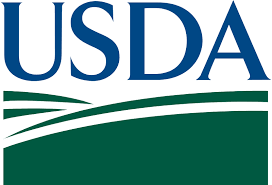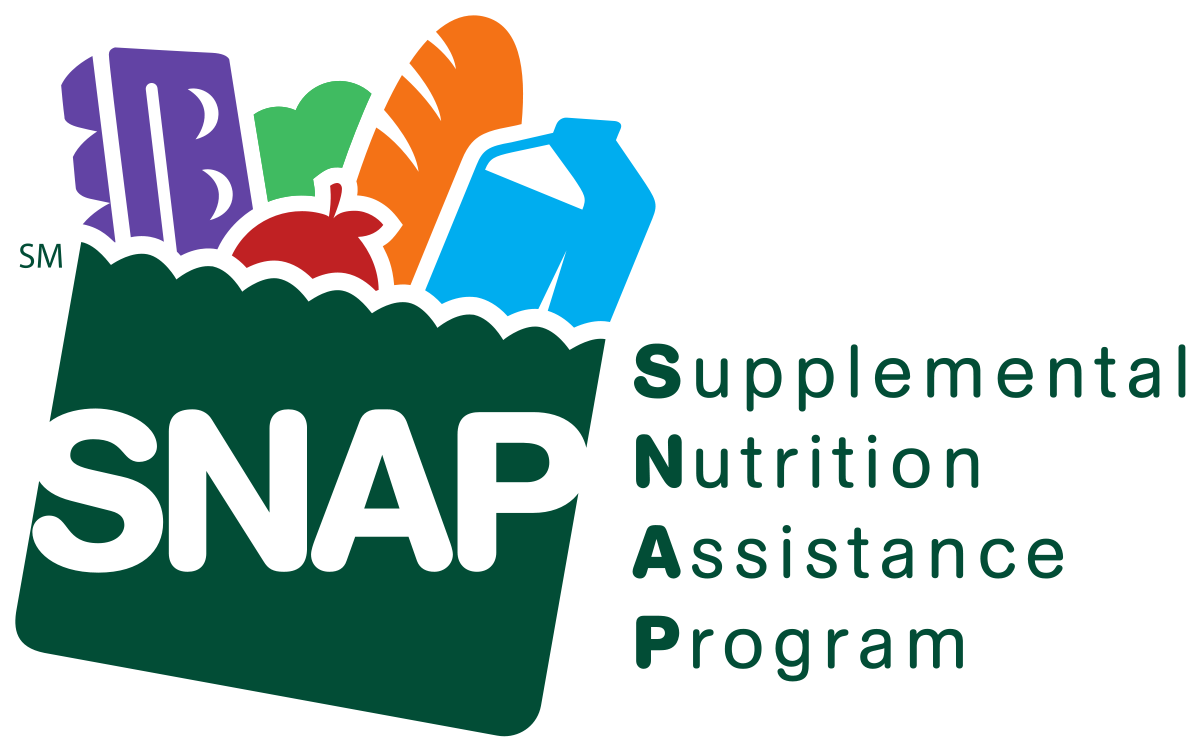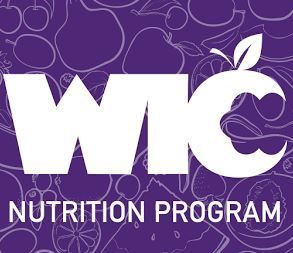Fight Hunger
How We Fight Hunger
Food is donated
Food and grocery products are donated and/or received from local food companies, government agencies, food drives, from large and small donors, special purchases and from Feeding America.
Food is transported
Each food bank is responsible for picking up the food and returning it to their facility. Costs are significant. Food banks must maintain trucks and staff to get the food to the food bank.
Food Banks Store and Distribute Food
Once the food bank receives a shipment of food, it inspects for quality and sorts and re-packs the food and grocery products for distribution to member agencies throughout its service area. This includes refrigerated storage for perishable items like milk and eggs. Collectively, Alabama food banks distributed 48 million pounds of food to agencies and outlets in 2011.
Community Partners
Member agencies and outlets, such as soup kitchens, shelters and food pantries, receive food from food banks and then provide food assistance to people in need. Alabama Food Banks work with more than 1,700 such community partners across the State.
Food Reaches Those in Need
Our eight Food Banks feed hundreds of thousands hungry people each year, including children, and those numbers continue to grow as a result of the recent economic recession and high unemployment rates.
Our Priorities
There are too many children, seniors and working families experiencing hunger. To make sure people have access to the nutritious meals they need, when they need them, we’ve got to stay focused. Three policy priorities form the core of our advocacy work at the Food Bank.

TEFAP
The Emergency Food Assistance Program (TEFAP)
Participant Eligibility Requirements
Households must meet State eligibility criteria. Each state sets criteria for determining what households are eligible to receive food for home consumption. Income standards may, at the State's discretion, be met through participation in other existing Federal, State, or local food, health, or welfare programs for which eligibility is based on income. States can adjust the income criteria in order to ensure that assistance is provided only to those households most in need. However, recipients of prepared meals are considered to be needy and are not subject to a means test.

SNAP
Supplemental Nutrition Assistance Program/Food Stamps
SNAP

WIC
Women, Infants, and Children
